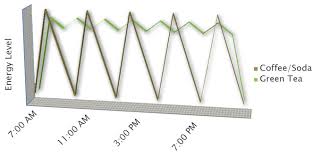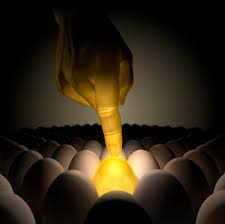
More on caffeine and tea: the pot thickens: Part 2
What if someone told you to throw out that first cup of freshly ground coffee, pour water over the used grinds and — voila! — decaf coffee! Yet that’s the method some tout for tea. Now, tea leaves aren’t coffee grinds, but the “myth” persists. Fact or fiction? Can you “rinse” tea leaves and get decaf?
Not so, say the experts. You might want to rinse your tea leaves for taste or purity, but not for caffeine.. Actually, some teas get more caffeinated the more times you infuse the tea as the caffeine gets more concentrated, although it does level off and begin to decrease.
But the stats on caffeine in tea are a mess. (See previous post.). One study tells you with perfect conviction that white tea is low in caffeine and that black tea will give you jingle jangles until 3 a.m. What’s the scoop?

Turns out that true white tea, such as Silver Needle (the one pictured on the right is from Harney and Sons) can have more caffeine than some black tea. Leaf size, plucking season and age of the leaf all influence caffeine content. Young leaves and buds plucked earliest in the season in warmer temperatures have more caffeine content than older larger leaves from further down the stem. How you treat your infusion can also make a difference.
Water temperature also influences caffeine. Hot water extracts more caffeine than cooler water. Hopefully, you wouldn’t infuse a fine Silver Needle in boiling water, so brewing at 180F or less might lessen some caffeine content too.
Amount of water is a factor too. Use more water to tea and you get less caffeine. (Forget memories of elderly relatives dunking soggy bags of Lipton’s into china to make colored water.)
Caffeine also works differently in tea. Unlike coffee, tea has L- theanine, an amino acid that acts as a buffer against caffeine. This means you can be alert, but not jittery, as you may have noticed when you drink tea instead of coffee.
What’s the consumer to do? Be aware that white tea has more caffeine than black tea and some greens are also highly caffeinated. But tea is much lower in caffeine content than coffee, so an afternoon/after dinner cup is tea is unlikely to keep you up unless you drink 6 highly concentrated cups.
Stay tuned: The two methods used to decaffeinate tea


